Published
- 02:00 am
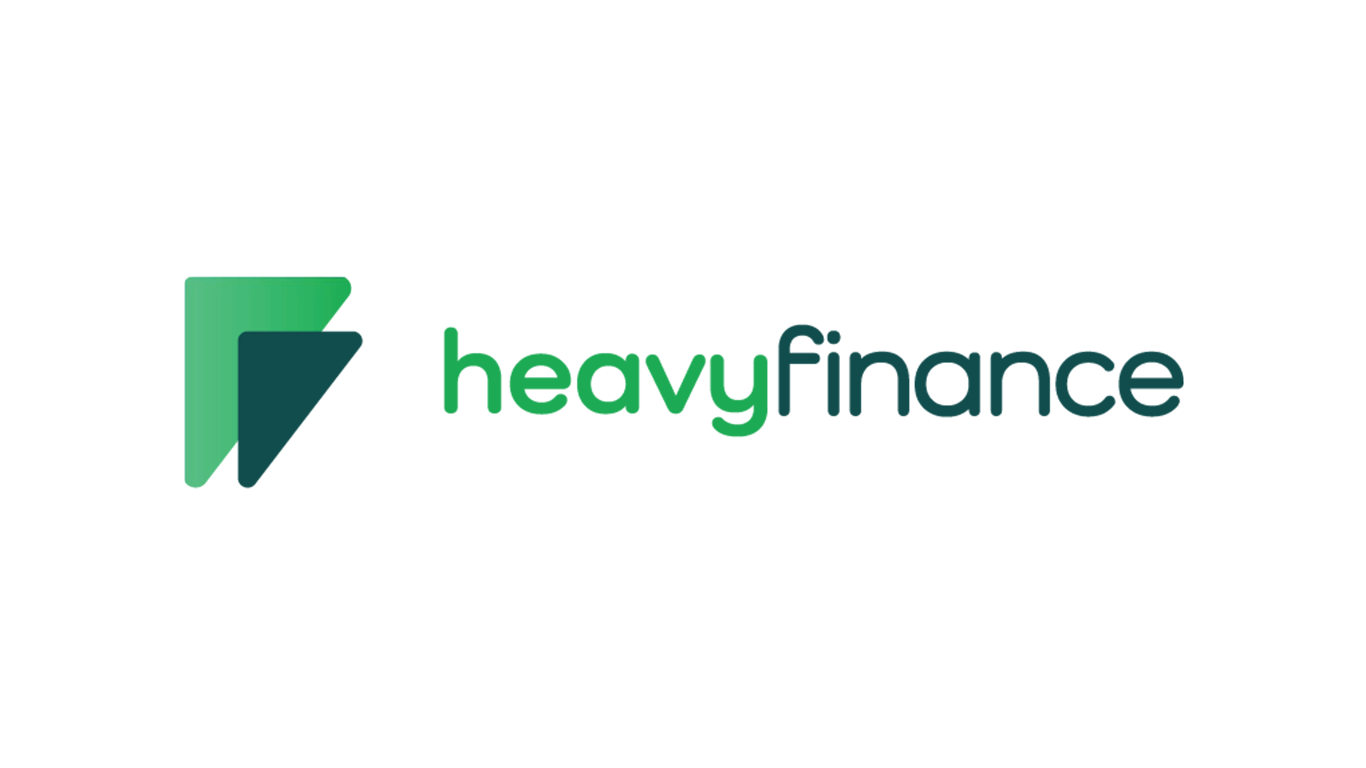
HeavyFinance, a European climate tech investment marketplace for the agricultural industry, has launched Green Loans to tap into a rapidly growing carbon credit market.
This new debt instrument enables both retail and institutional investors to get returns from the sale of CO2 removal credits generated in European farmland. With the urgent need to take an action on climate change and the high demand on the voluntary carbon credit market, investors in Green Loans can now expect up to 30 per cent annual returns with an investment period of 4 years.
With this financial product, farmers taking a Green Loan do not pay an interest rate, as returns for investors are generated from the sale of CO2 certificates.
HeavyFinance estimate to facilitate €7-10 million of debt capital during the first year after the launch of Green Loans, providing high-quality carbon certificates for investors while supporting farmers with the mass adoption of regenerative practices to tackle climate change.
Laimonas Noreika, Founder of HeavyFinance, said: “Green Loans is an exciting new offering, supporting institutional investors and farmers alike to play a central role in tackling climate change. Following our successful seed round, we are keen to make a splash in the European market, offering impact investing options to support the removal of greenhouse gas emissions. The agricultural sector has an important role to play in combating climate issues, requiring a unified effort from those within, and investing in, the industry to promote sustainable, low-carbon practices such as no-till farming across Europe.”
Violeta Gevorkjan, Decarbonisation and Sustainability expert at HeavyFinance, added: “Benefits for farmers are clear in terms of the results of the triple bottom line becoming environmentally friendly, socially responsible, and economically viable. Improved practices reduce soil erosion and increase resiliency to high temperatures, droughts, and floods”.
The programme represents a solution to the agriculture sector being labelled the third largest contributor to greenhouse gas emissions in Europe, according to the quarterly greenhouse gas emissions in the EU report.
Green Loans was set up to support carbon farming – an innovative approach aimed at reducing the amount of carbon dioxide entering the atmosphere by storing it within the soil, in turn leading to increased yields.
This regenerative approach to farming is based on sustainable agricultural practices such as no-tillage, strip or minimal cultivation, as well as crop rotation and management of crop residues, and according to a recent report by the Food and Land Use Coalition, regenerative agriculture could remove 1 billion tons of carbon dioxide equivalent per year by 2050.
HeavyFinance has recently closed a €3 million funding round and plans to enrol over 150,000 hectares across Europe to generate carbon credits in countries such as Poland, Lithuania and Bulgaria by the end of the year.
Related News
- 02:00 am
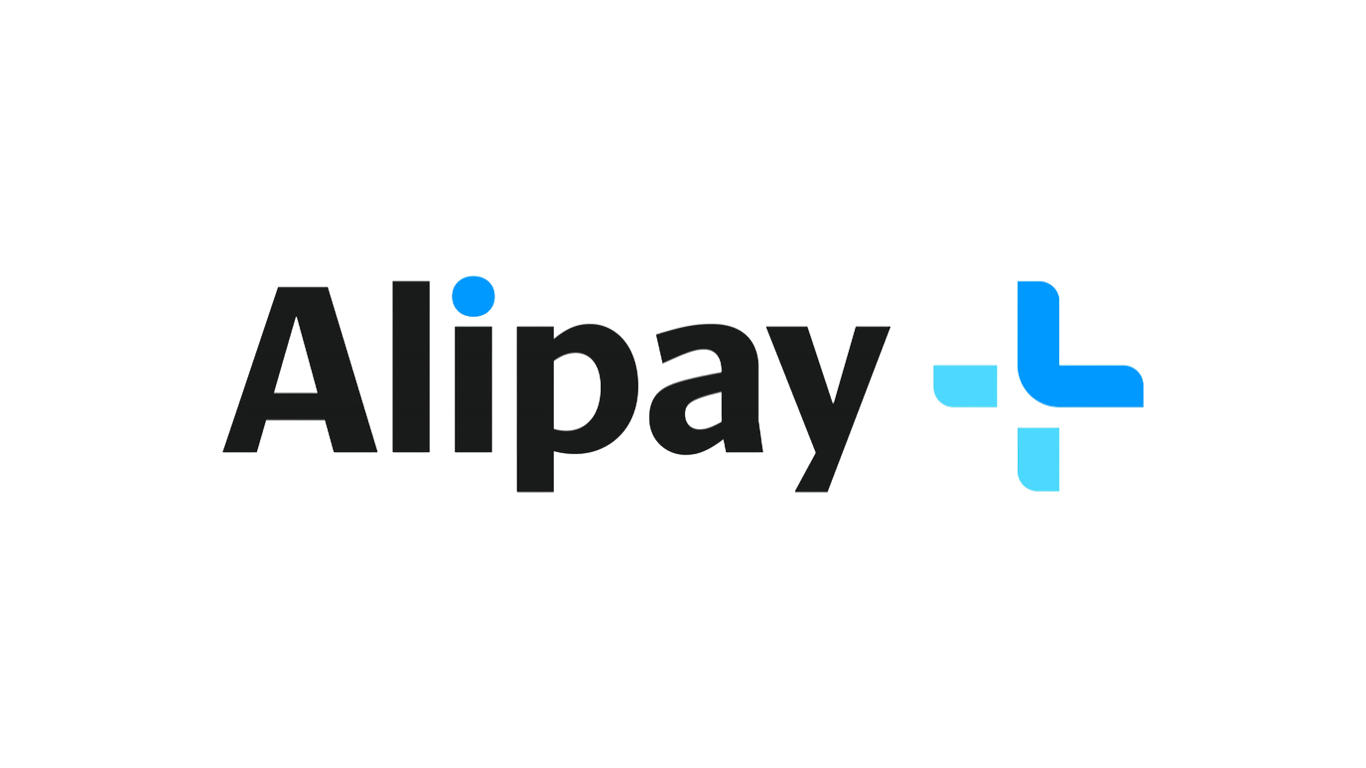
Popular Asian e-wallets are helping iQIYI, a leading international streaming platform, accelerate its expansion through Alipay+ that helps digital and entertainment (D&E) platforms reach young middle-class consumers looking for quality online video contents.
Introduced by Ant Group in 2020, Alipay+ is a suite of cross-border digital payment, marketing and merchant digitalization solutions connecting global brands with mobile-savvy consumers worldwide, aimed at enabling businesses, particularly small and medium-sized enterprises, to process a wide range of mobile payment methods and reach more than 1 billion regional and global consumers.
Starting in 2021, iQIYI utilizes Alipay+ marketing solutions, such as Alipay+ Rewards and cashier-based marketing service, to reach potential consumers and improve transaction conversion rates in key markets. Developed by Alipay+ and partner e-wallets, Alipay+ Rewards is a new digital marketing platform that helps global brands engage better with consumers worldwide by offering incentives and exclusive services.
In 2022, more than 1 million consumers outside the Chinese mainland, mostly in Southeast Asia, used Alipay+ partner e-wallets, including TrueMoney (Thailand), GCash (The Philippines), DANA (Indonesia), Touch ’n Go eWallet (Malaysia) and Kakao Pay (South Korea) to pay for subscriptions or content on iQIYI’s international app.
In addition to these alternative payment methods, since 2023, Alipay+ has started offering customized marketing solutions through Alipay+ Rewards program to enable merchant partners to expand its market outreach efforts. On iQIYI’s international app, the number of new users making subscription payments through GCash, DANA and Touch ’n Go eWallet have increased respectively by 100 per cent, 90 per cent and 50 per cent in March 2023, compared with the end of 2022.
The global over-the-top (OTT) market is expected to reach US$1,251 billion by 2027, representing a CAGR of 30 per cent during 2021-2027. iQIYI ranks fifth among OTT platforms globally, and was named the top Asian OTT to watch Chinese-language, Thai and Malay dramas across major SEA markets.
On April 18 in Bangkok, iQIYI kicked off its latest subscriber campaign for Southeast Asia by inviting hundreds of local fans to interact with leading casts of a popular TV series on its platform. The event was co-hosted by Alipay+ as one of its key e-wallet partners, TrueMoney, is popular in Thailand.
In April 2023, AlipayHK, the largest active e-wallet in Hong Kong SAR, China, became the latest Alipay+ partner wallet to support payment on iQIYI International App.
Related News
- 07:00 am
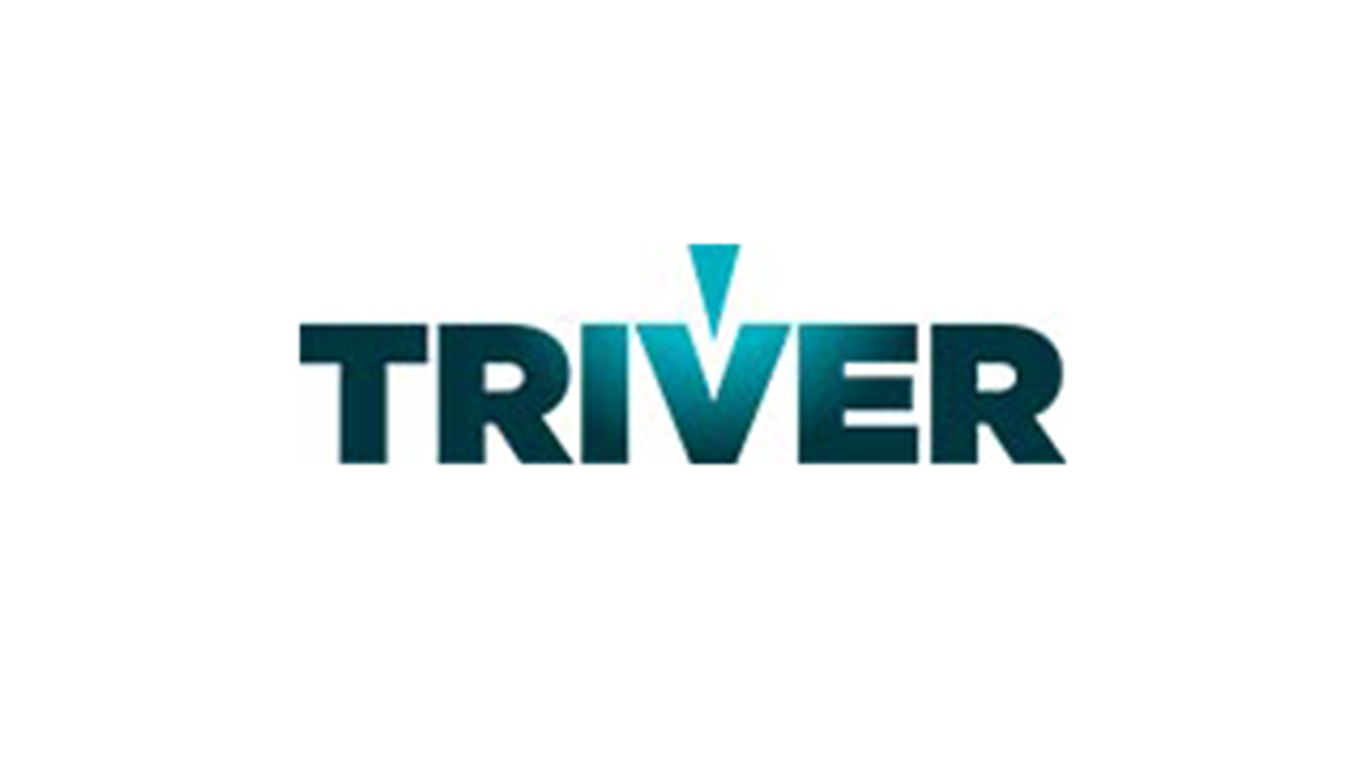
Triver has announced it has raised £7m equity from top investors to revolutionise how small businesses can access finance.
Leveraging Open Banking data and sophisticated AI, Triver funds SMEs’ short-term working capital needs, underwriting the risk of small business borrowing instantly and automatically. Faster and more easily than high street banks, it can provide advances on a business’s client invoices 24/7, offering peace of mind of simple access to capital when needed.
Through this automated approach, SMEs can access finance equivalent to up to 20% of their annual turnover, instantly, and at a more competitive rate than other small business financing options in the market. Transaction-level insights mean Triver understands the likelihood of a small business to pay back.
The venture is backed by Stride, whose team has backed early-stage businesses such as Deliveroo and Zoopla. Other seed investors include Axeleo Capital and Motive Partners, with scout investment from Andreessen Horowitz and Sequoia Capital. Angel investors include Triver’s non-executive director Dan Cobley – former Google UK MD and co-founder of ClearScore and Salary Finance.
Triver is led by CEO founder Jerome Le Luel, one of the world’s foremost experts in deploying advanced credit analytics at world-class lenders. He is former Chief Risk Officer at Funding Circle and former global head of risk analytics for Barclays.
Jerome is joined by a strong founding team who know how to build sophisticated lending technology. They bring expertise gained at Barclays, Capital One, MarketFinance, Credit Karma, BCG, and more.
Jerome Le Luel said: “Existing short-term finance solutions rarely fully satisfy small businesses. Yet it’s not a simple puzzle to solve. SMEs have complex cash flow management and underwriting their credit risk automatically is very hard – it has not been a priority for banks.
“But at Triver, we’ve cracked the code. Using Open Banking and artificial intelligence we are revolutionising how SMEs access finance and are partnering with digital service providers already trusted by these businesses.”
Built for partners
Triver uses a combination of sophisticated AI and digital processing to deliver a seamless customer experience. It is designed to be embedded within digital service providers already serving SMEs – for example, accounting platforms, digital banks, payment providers, and procurement tools.
Embedded finance for SMEs has typically been targeted at the ecommerce sector. But with Triver, every small business that invoices clients has the potential to access finance when they need it, through a service provider they trust.
Fred Destin, Founder at Stride.VC said: “With millions of small businesses in the UK, there is a huge underserved market for SME finance – primarily due to antiquated lending processes. The right data and technology is now available to radically change this. With Triver we will make lending to the founders and business owners of the real economy way more efficient and economical. This is a mission we're delighted to support.”
Jerome Le Luel added: “We’re partnering with fintech and SaaS providers who recognise the opportunity for short-term working capital solutions to support their SME clients. Through our API, we provide an embedded solution that will sit on these providers’ own platforms. Not only do we offer the best value short-term financing to SMEs, we also provide a value-share back to partners. By working with us, they can earn additional income without worrying about debt funding and credit risk.”
Related News
- 07:00 am
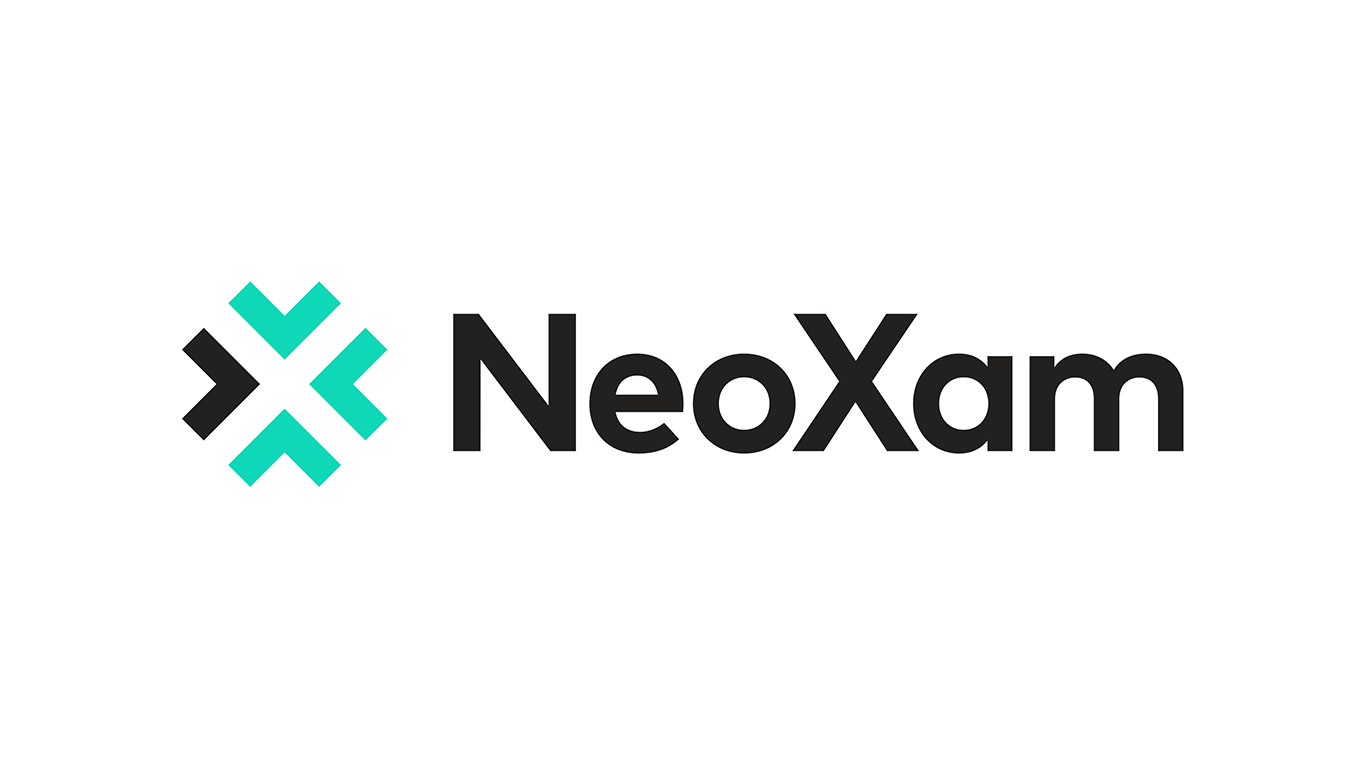
NeoXam, a leading financial software company, has announced a senior leadership promotion, with Florent Fabre stepping into the position of Chief Executive Officer (CEO).
With over two decades of experience in the financial software industry, Florent has served in various roles including NeoXam Chief Operating Officer and Group Managing Director since 2015. His promotion coincides with a recent investment made by Eurazeo in NeoXam, which has made the international leading private equity company the majority shareholder in NeoXam.
Eurazeo's investment in NeoXam will support the company's growth in the Data Management and Reporting segments, as well as expand its international presence in Asia, Northern Europe, and North America. Eurazeo will also provide NeoXam with internal resources to help with its buy-and-build strategy, complementing its services and clients, and accelerating product development and international expansion.
Florent Fabre said, "First of all, I would like to warmly thank Serge Delpla, founder of NeoXam and Non-Executive Chairman of the company, for his trust, his continuous support during the last eight years and for the main fundamental values on which he has developed this company with us: entrepreneurial mindset to move fast, long term vision to expand globally and respect of our commitments awarded by our unmatchable client loyalty.
With the support of our shareholders, Serge, and our incredibly talented team, I am both happy and honoured to lead this new chapter in the NeoXam story. Our focus is to further accelerate NeoXam's expansion through three key drivers. Firstly, we plan to increase our investments in our global leading solutions to address the future challenges of the financial industry in Data Management, Front-to-Back office processes, and reporting activities. Secondly, we aim to enrich the NeoXam best-in-class client experience by integrating more products into the NeoXam suite and offering new Business Process Outsourcing services powered by NeoXam software. Finally, we will continue to expand NeoXam's worldwide community by attracting more international clients and teams to share their best practices through our NeoXam Community Platform.”
Pierre Meignen at Eurazeo, added: “One of the key drivers for our investment in NeoXam was the strength and depth of the senior leadership team, who have been instrumental in leading the company to its current position as a leading financial software provider. We have the utmost confidence in Florent to lead from the front in ensuring that NeoXam continues to provide real value to its clients.”
Commenting on the promotion, outgoing CEO Serge Delpla, who moves to the role of Non-Executive Chairman, concluded, “Over the years, Florent has been absolutely essential to the effective operational management of the group. Eurazeo and all of NeoXam’s shareholders, including myself, are simply recognising Florent’s exceptional leadership over this time. I thank and congratulate him.”
Related News
- 05:00 am

FinTech B2B Marketing, the premier global award-winning community dedicated to specialist B2B marketers from the financial and technology industry, today announced the billing of ChatGPT as a panelist live and on stage with human presenters. The event will occur on 26 April 2023 in London as part of the community’s second annual Fintech B2B Marketing Conference.
This featured guest slot represents the first time that ChatGPT has participated in a live panel discussion focused on B2B marketing insights, best practices, trends, and technology.
Panellists and attendees will ask ChatGPT for perspectives on the role of AI in B2B marketing. The panel moderator, will also offer panellists the opportunity to respond to ChatGPT in real-time, thereby including AI in an active dialogue with marketing experts. Interactive participation will show conference attendees the potential of AI. Along with other industry leaders including Steven Garner, Innovation Officer Fintech at Quantum-h and Winnie Palmer, EMEA Head of Marketing at Seismic.
“The FinTech B2B Marketing community is intended for marketing practitioners. Including ChatGPT aligns with our philosophy of bringing marketers together to learn from each other and put new ideas and technologies into practice,” said Payal Raina, Founder, FinTech B2B Marketing. “Putting ChatGPT to the test live on-stage rather than just talking about it represents who we are.”
The Fintech B2B Marketing Conference 2023 will showcase forward thinkers, award-winning experts, and over 150 senior marketers in FinTech and Technology. Participants include FinTech startup founders, B2B marketers working in the Technology and Financial Services sector, vendors and agencies, and research, industry, and media organisations.
Experts from across the Fintech B2B Marketing spectrum will discuss topics including AI, the metaverse, content marketing, demand generation, growth marketing, influencers, regulation, and macro-trends. “Since our inaugural conference last year, our community has more than doubled in size,” added Raina. “It raises the bar for what we can achieve together, so we wanted to add something truly innovative and compelling to our 2023 programme.”
Matthew Cheung, CEO of ipushpull and who is on the ChatGPT panel commented, “It’s obvious that technology is changing the game for B2B marketers. “With so much change in the industry, AI driven collaboration and insight is more valuable than ever to upscale productivity.”
Smita Gupta, Advisory Board Member at FinTech B2B Marketing Community and Founder of SG Growth Advisory moderating the panel added, "I am excited to be part of this event where we will delve into the future of marketing with NextTech - AI, ChatGPT, Web 3.0, and the Metaverse. Looking forward to joining an excellent panel of guests as we explore how these emerging technologies will revolutionise customer engagement, data-driven insights, and brand experiences.”
The FinTech B2B Marketing Conference event programme and speaker details can be found here.
Related News
- 09:00 am
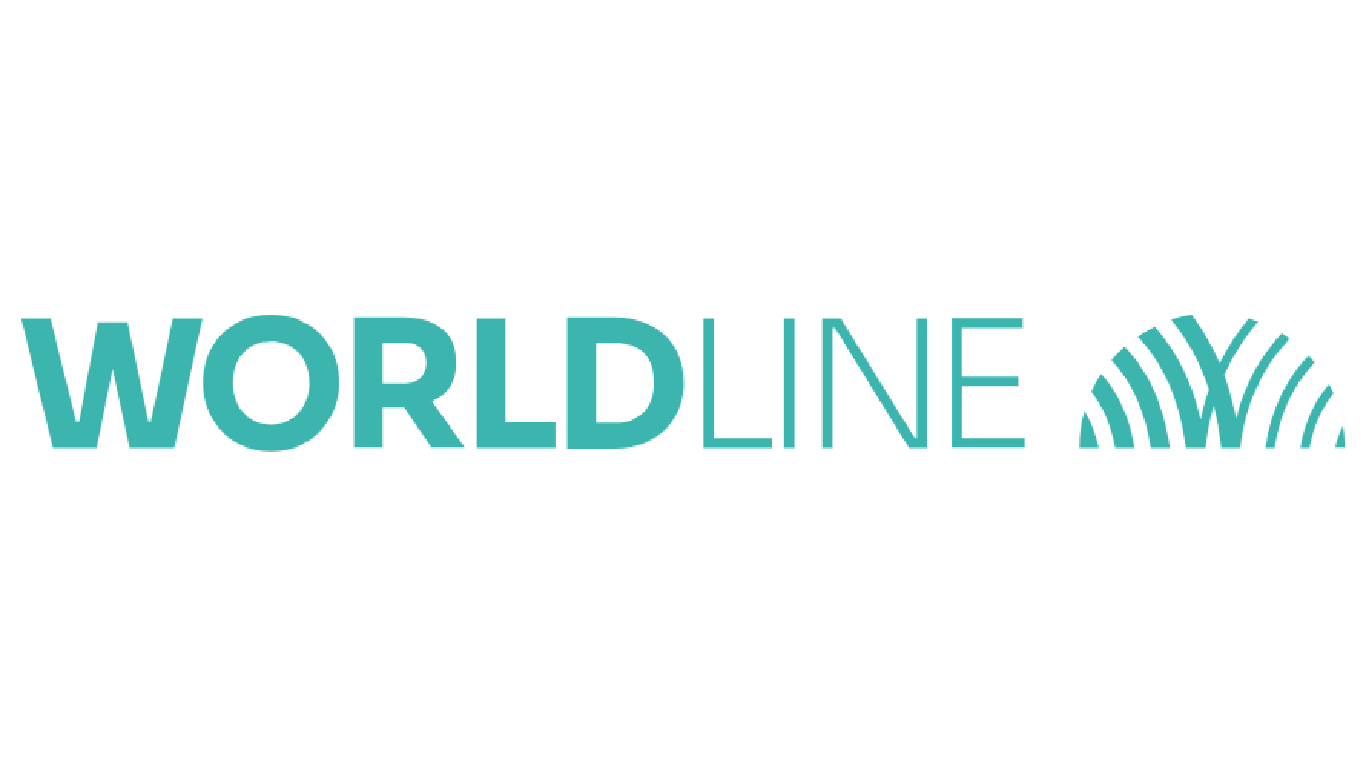
Worldline, a global leader in payment services, and Crédit Agricole SA announced today the signing of a non-binding exclusive agreement regarding a strategic partnership to create a major player in the French payment market.
Gilles Grapinet, CEO of Worldline, said: “The contemplated strategic alliance we announce today between Worldline and Crédit Agricole is a landmark transaction for the Group. I am very proud that Worldline has been selected by Crédit Agricole for a strategic long-term partnership combining our merchant services capabilities, with the joint ambition to create a player able to deliver premier services to all merchants operating in France. The perfect fit of Worldline’s state-of-the-art products, technology and services at scale combined with Crédit Agricole Group unique distribution network and acquiring market leadership would be a key differentiating factor for our customers.
For Worldline, this is a unique opportunity to further expand our footprint and to achieve scale within a few years on the largest continental European acquiring market. Through this strategic partnership, Worldline would also benefit from additional specific French market offerings while we intend to invest together with Crédit Agricole into an ambitious and differentiating innovation roadmap leveraging the Worldline leading-edge global value proposition.
Structured primarily as a contribution in kind of our respective technological capabilities, commercial footprint and distribution capabilities to a joint company, this major contemplated transaction fully preserves our balance sheet and financial and strategic flexibility.”
Jean-Paul Mazoyer, Deputy General Manager of Crédit Agricole S.A. in charge of Technology, Digital and Payments, commented: “Payments are a cornerstone of the relationship with our customers, hence a strategic business for the Credit Agricole Group. The partnership with Worldline would allow us to strengthen our market leadership in France for merchant payment solutions and fully aligns with Credit Agricole’s 2025 ambitions to outperform the market growth by 2x on merchant payments solutions. Worldline is a French and European leader in in-store and online acceptance and a prominent payments processor in Europe.
Worldline is already a trusted partner of the Credit Agricole Group and, through this deepened strategic partnership, we would jointly develop comprehensive services for French merchants on the whole merchant services value chain (acceptance and acquiring) which is a fast-moving and critical area to their business. This integrated mastery would allow us to equip merchants with innovative all-in-one offers that integrate natively in their ecosystem and provide value added business services.”
Attractive and evolving French payment market
France is a highly attractive and strategic market for Worldline. France is the 2nd largest economy in Continental Europe, enjoying robust economic performance, sustained by consistent policy frameworks and strong institutions, as well as an attractive investment environment.
The French payment industry shows solid dynamics with a sizable and growing addressable market and a high level of readiness and receptiveness towards cashless payment methods. With aggregated Merchant Sales Value (MSV) of c.€ 700 billion, the French payment market is by far the largest payment market in Continental Europe.
With cash penetration still high, at c.40% of payment volumes, the French market offers an attractive growth opportunity driven by the secular shift from cash to card and by continued demand for innovation. Combined with French “Cartes Bancaires” domestic scheme and its strong and resilient market share capturing c.80% of card transactions volumes, these market trends make France a particularly attractive country in the broader European context.
The contemplated alliance between Crédit Agricole and Worldline is a unique opportunity for both companies to significantly expand their merchant services activities in this high-potential market.
A partnership to create a major player in the French market
Leveraging the strengths of the two companies, the contemplated partnership would offer a state-of-the-art combination of technological and commercial offerings at scale allowing to adequately respond to any type of evolving merchant needs, whether local or global. It would be fueled by:
· Worldline’s vertical expertise embedded into strong instore and online capabilities to serve merchants at scale thanks to its global solutions, platforms and payment applications, and;
· Crédit Agricole’s strong distribution networks through the 39 Crédit Agricole ‘s Regional Banks and LCL bank, combining a deep French market presence with more than 16,000 banking advisors for enterprises and local knowledge in merchants acquiring.
The partnership would be ensured by the set-up of a fully licensed joint-company between Crédit Agricole and Worldline. The joint-company would be majority owned (50% of total capital plus one share) and fully consolidated by Worldline. It would be in charge of leveraging Worldline’s global European processing platforms and of developing all the innovative products dedicated to the French market. The joint-company would also be in charge of the commercial development of the alliance, both directly for largest merchants in particular, and by providing an active support to the bank distribution channels.
The contemplated joint-company would offer to the key accounts in France a full-service offering leveraging Worldline’s global acceptance and acquiring platform, including the domestic “Cartes Bancaires” scheme. In parallel, Worldline would be able to offer to its international merchants an access to the domestic scheme, further expanding its broad range of payment schemes.
With respect to SMBs, this planned combination would also bring to merchants, whatever their size or location, deep access to an enriched offering of payment brands and means, and value-added services covering all their needs, from mobile acceptance devices to more traditional Point-of-Sales (POS: Point Of Sale) solutions for seamless payment experience, ultimately improving merchant experience and consumer purchasing journeys.
These new all-in-one solutions combining instore and online capabilities at large and local scale to serve French merchants and consumers in the best way, coupled with the power of Crédit Agricole’s distribution network, would be a key differentiating factor to create a payments major player in France.
Key steps of the partnership implementation
The contemplated operation remains subject to both parties’ works council consultation and to corporate authorizations and customary regulatory approval:
· 2023-2024: Joint investment phase of € 80 million equally financed by Worldline and Crédit Agricole for the product and offering design, and joint company implementation
· 2025 onwards: Full implementation of the joint company starting to generate revenues and OMDA.
Related News
- 03:00 am

LIST, an ION company, has successfully updated its award-winning market-making and trading FastTrade solution, facilitating the migration of Borsa Italiana trading clients onto Euronext’s Optiq technology trading platform.
The client migration follows Euronext’s acquisition of the Borsa Italiana Cash and Derivatives markets exchange in April 2021. Euronext, the pan-European stock exchange and market infrastructure, is replacing the Borsa Italiana exchange’s previous Millennium technology with its cutting-edge Optiq trading platform.
LIST’s upgraded FastTrade solution is fully customizable and offers advanced trading functionalities specific to Euronext’s Optiq technology trading platform. This includes order collection (OMS) smart order routing, execution algos (for equity and fixed income), risk management, quoting, and pricing.
To ensure clients migrated successfully, LIST activated new data centres, communication lines, and software versions to support changes in market models and workflows. These initiatives demonstrate LIST’s commitment to providing the best possible solutions for Italian financial markets and reaffirm its position as a trusted technology partner. The migration gives Italian trading clients access to a rich international investor base and an enhanced range of products and services.
“With LIST technology processing over 65% of equity order flows from Italian market members daily, it was crucial that our FastTrade upgrade and deployment enabled a seamless transition to Euronext’s Optiq platform. This required a huge amount of development and included a major software release,” says Vito Mangiaracina, Chief Technology Officer at LIST. “Thanks to the dedication, professionalism, and teamwork across LIST, we achieved our goal of migrating our clients, and the trading and surveillance product lines.”
“The migration to Optiq presented multiple challenges, including change in the technology stack and new hosting infrastructure,” adds Flavio Mazzarotto, Chief Services Officer at LIST. “We developed this carefully alongside our clients, from detailing the migration roadmap to supporting them during preliminary test phases. Our efforts paid off on migration day; our clients went live on the new system with zero impact on activity in other markets.”
Related News
- 02:00 am

E-commerce card purchases continue to gain momentum as pandemic-driven habits remain popular and e-commerce card payments have become increasingly convenient, secure and widely available
Online payments account for a fifth of payment card spending
RBR’s study, Global Payment Cards Data and Forecasts to 2027, reveals that $8.1 trillion was spent using payment cards in 2021, an increase of $1.3 trillion. This accounted for 19% of total card expenditure – a proportion which is almost unchanged from the year before.
Consumers retain pandemic-driven shopping habits
RBR’s research identifies a range of factors contributing to the surge in online shopping, including widening internet access, a growing number of cards being equipped with e-commerce functionality, and a shift in consumer habits driven by the pandemic.
Although most outlets re-opened their doors in 2021, many shoppers continued to choose online stores for regular, low-value purchases, which they otherwise would have made at physical stores pre-pandemic, having become accustomed to the convenience of online shopping during the pandemic.
Consumers also became increasingly comfortable making e-commerce purchases on their smartphones, with many online stores allowing customers to pay via their mobile wallets to speed up the payment process. In fact, 78% of online payments in Belgium were made on mobile devices.
Global volume of e-commerce card purchase transactions, 2020-2027 (US$ trillion)
Source: Global Payment Cards Data and Forecasts to 2027 (RBR)
Online shopping is not always funded via payment cards
According to RBR’s study, payment cards are not the go-to method for all online shoppers, however. In the Netherlands, for example, online payments accounted for just 7% of card purchase volume. While the transfer-based payment system iDeal has historically been more popular, this may change in 2023 as Dutch debit cards become equipped with e-commerce functionality for the first time.
In Poland the number of e-commerce purchases made via the country’s payment system BLIK exceeded online card payments by as many as 368 million. Many consumers find BLIK less time-consuming as it allows them to pay for items via a one-time code generated on their mobile banking app. If more online stores start accepting mobile wallets, however, payment cards could be considered equally convenient.
When it comes to grocery shopping and bill payments, many consumers steer away from online platforms, having only temporarily shifted to digital channels earlier in the pandemic. After outlets reopened, Greece saw a dip in e-commerce purchases in the telecommunications industry as many consumers reverted to paying bills in person.
Travel recovery and government strategies boost e-commerce
As the economy started to recover post-pandemic, the tourism industry also began to bounce back, leading to an increase in traffic to online travel agents. As travel bookings are predominantly made online and tend to be high value, they contributed to growth in both the number and volume of e-commerce transactions.
In some countries, governments have been launching e-commerce strategies in an attempt to drive online spending volume. The Pakistani government, for example, unveiled a policy framework in 2019 that enhances consumer protection, contributing to e-commerce more than doubling in 2021. A similar strategy was launched in Vietnam in 2020, offering discounts and card benefits to incentivise consumers to migrate to online shopping.
Daniel Dawson, who led RBR’s Global Payment Cards Data and Forecasts to 2027 study, commented: “Consumer habits that were initially induced by the pandemic are set to become long-term trends. RBR forecasts that e-commerce will account for almost a quarter of all payment card spending by 2027”.
Related News
- 02:00 am
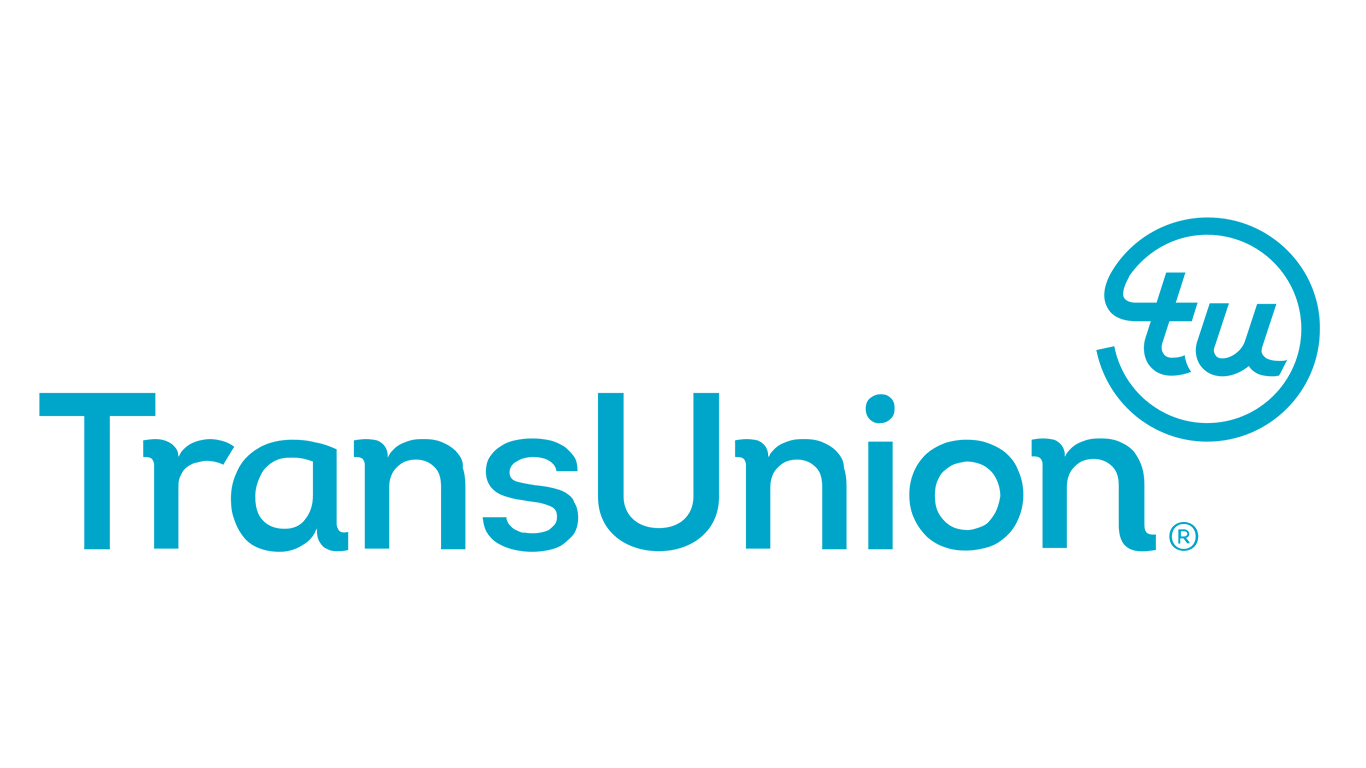
With buy now, pay later data now appearing on consumer credit reports, its popularity has not wavered, as recent research from information and insights provider TransUnion confirms.
TransUnion – the first UK credit reference agency to accept buy now, pay later data into credit reports – has revealed that nearly four in 10 (38%) UK adults use these payment services when shopping online, which is consistent with the previous year.
Andy Piggott, director of core credit at TransUnion in the UK, said: “This steady picture shows how established buy now, pay later has become as part of the consumer wallet when it comes to methods of payment. The key drivers are cited as the ability to spread the cost over a period of time and the appeal of interest-free payments. This mirrors what we saw in our previous research and points to the important role that these providers are playing in giving consumers an even greater range of choice in their financial decisions.
“Having started to introduce this data into consumer credit reports last year, we’re pleased to note consumer habits have not been impacted, as this is really beneficial for both lenders and consumers in helping to create an even more holistic view of an individual's financial circumstances.”
More than half (53%) of those that used buy now, pay later in the past 12 months spent a total of between £100 and £499 over the year. Clothes accounted for 53% of all buy now, pay later spend, followed by consumer tech (33%) and furniture and furnishing (27%), according to TransUnion’s latest Consumer Pulse study.
Buy now, pay later is also known as ‘deferred payment credit’ and TransUnion led the way in creating a new credit search type for these transactions, where consumers usually pay for goods with plans spanning between one week and three months.
Praneeth Meka, TransUnion’s director of data and analytics, explains: “TransUnion has a proven track record of delivering innovative solutions, so we’re proud to have been at the forefront of changes within buy now, pay later credit reporting. By conducting extensive industry analysis and working with leading buy now, pay later providers, we were able to identify the most appropriate way to incorporate the data, putting the consumer at the heart of these new developments, and this latest study attests to the success of our approach.”
TransUnion's TrueVision solution now incorporates over 130 new buy now, pay later data attributes, giving finance providers a robust view of a consumer’s financial position and helping them make informed credit decisions.
The information includes the number of buy now, pay later agreements consumers have open, as well as total balances, repayment history and searches.
With this data now becoming available in credit reports, consumers have a clearer view of their credit commitments and can potentially widen access to credit, as lenders can see how they are managing their buy now, pay later agreements and may take that into consideration for other finance applications.
Consumers can view their TransUnion credit information for free with providers such as Credit Karma, MoneySuperMarket and TotallyMoney or via TransUnion’s website.
Related News
- 04:00 am
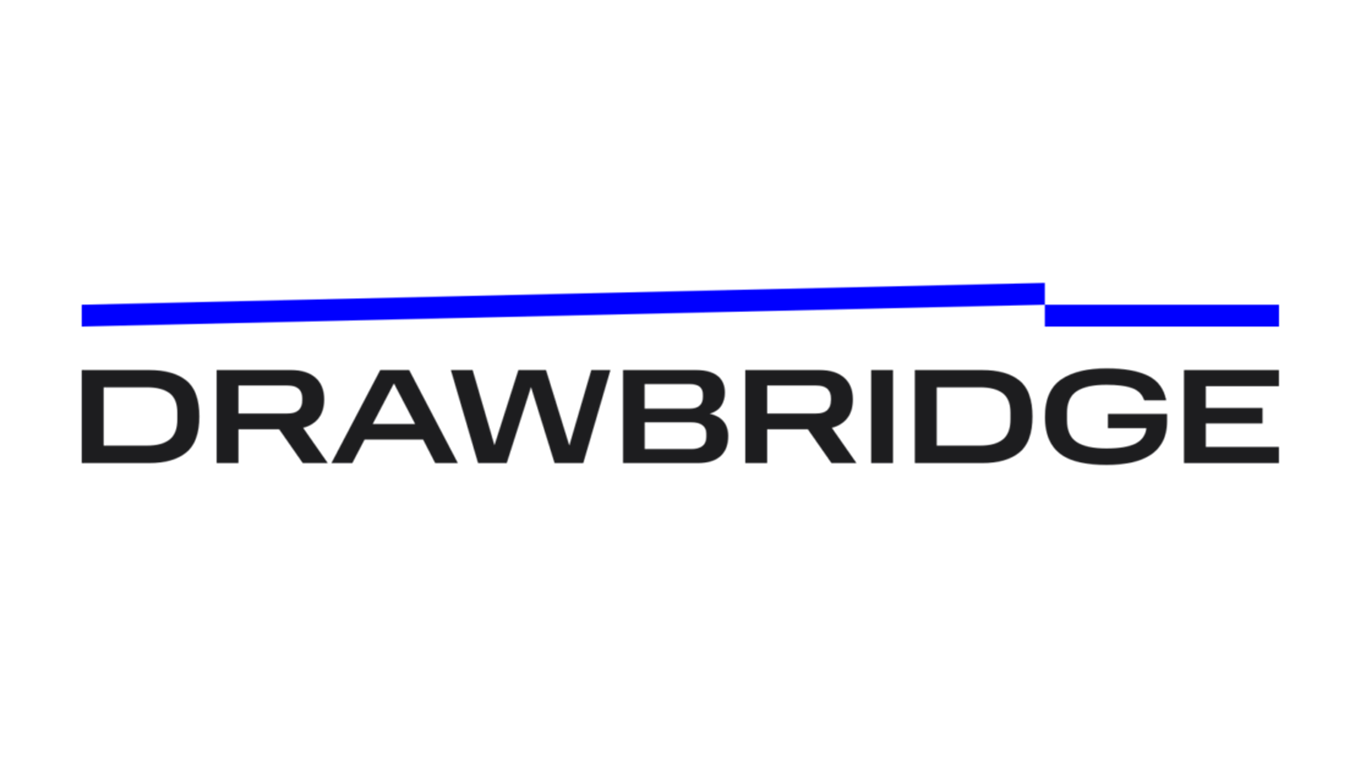
Drawbridge, a premier provider of cybersecurity software and solutions to the alternative investment industry, today announced it was selected ‘Best Cyber Security Service’ at the Private Equity Wire (PEW) US Emerging Managers Awards.
The award celebrates excellence among emerging private equity fund managers and service providers. More than 100 General Partners (GPs) and key industry participants determine the nominees and winners are selected through open industry voting.
“2023 has already been a momentous year for Drawbridge and we’re thrilled to be named Best Cyber Security Solution in the 2023 Private Equity Wire US Emerging Managers Awards,” said Drawbridge CEO William Haney. “We’re proud that our peers in the alternative investment community selected Drawbridge for this honour and believe it’s a reflection of our commitment to delivering the exceptional software, solutions and customer service that give our clients the confidence to manage new cybersecurity regulations and defend against evolving threats.”
The award win follows an impressive start to 2023 for Drawbridge. In February 2023, the company appointed Chief Product and Technology Officer (CPTO) Nick Pastoressa to oversee Drawbridge’s technology strategy, platform evolution and innovation and lead its product and technology teams. Drawbridge also appointed Chris Aronis as Chief Revenue Officer in March 2023 to accelerate the company’s global growth, enhance client service and evolve its go-to-market strategy. The alternative investment industry continues to recognize Drawbridge for its market-defining software and services as the company has already been shortlisted for The Drawdown Awards and the Financial Technologies Forum Technology Innovations Awards in 2023.









